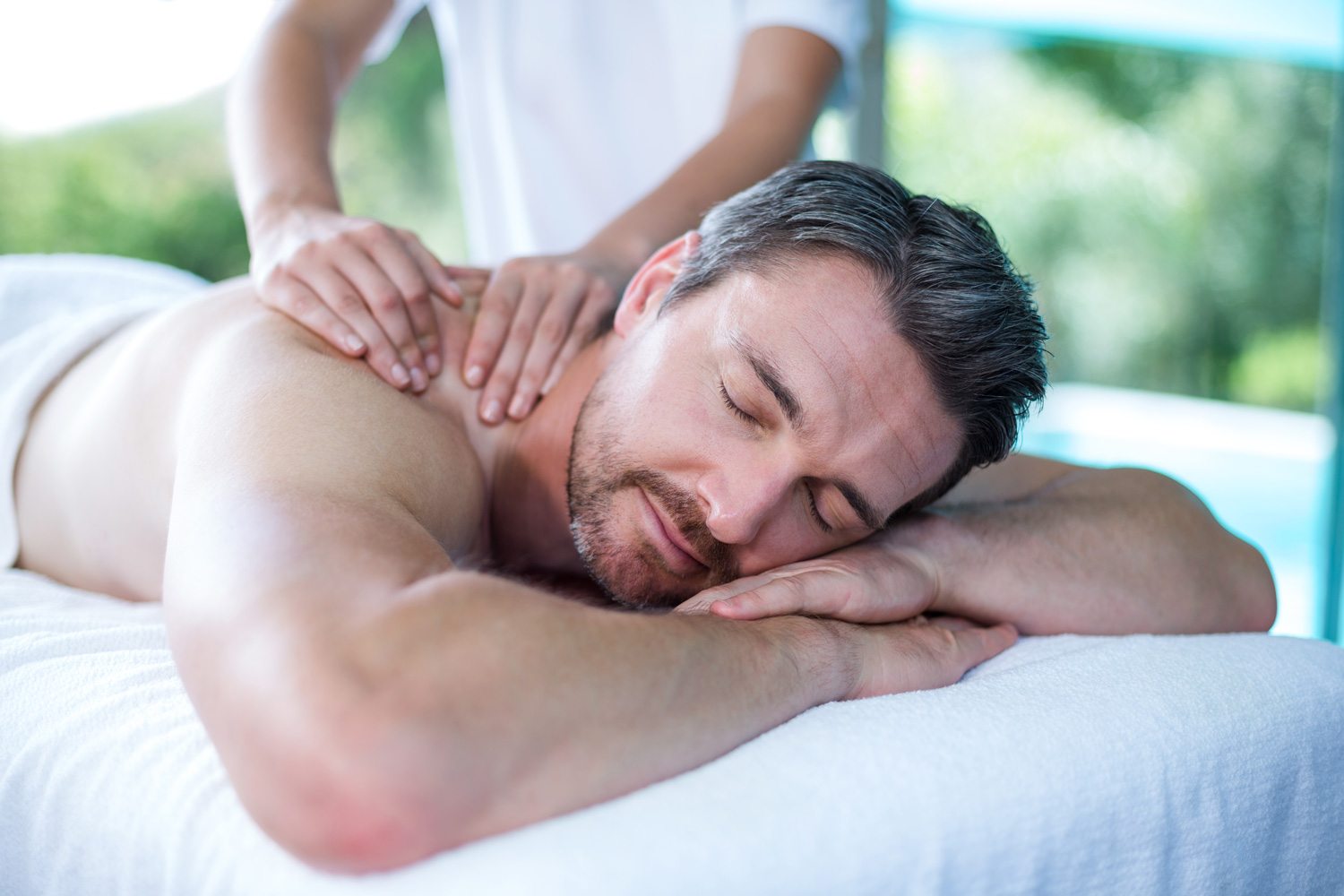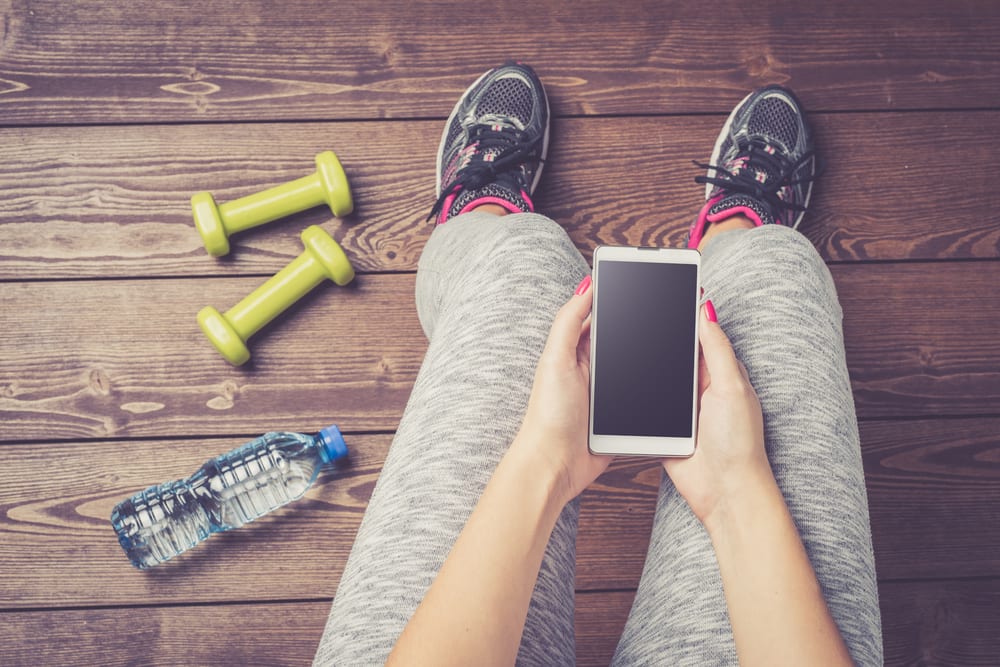One day.
One day, maybe when you retire or win the lottery, you won’t have to worry about the stress of facing angry drivers or over-crowded public transit every morning to get or work. One day you might not have to deal with that coworker who seems devoted to bringing you down. One day, maybe you’ll have all the money you need so you won’t have to worry about your next payment.
One day.
So, the first reality you’ll have to face is that ‘one day’ never comes. The most serene person you know has stress (even the Dalai Lama!). The other point to consider is that the stresses listed above aren’t really earth-shattering. They are the everyday stresses that we all face. Some experts don’t even consider them to be ‘stress’ because they are all fixable.
But just because the daily stress you encounter is relatively common doesn’t mean it isn’t taking a toll on your health. Your response to stress has its roots in your body’s ‘fight or flight’ response to a perceived imminent danger. That response prepares you to react quickly; to fight (presumably to save your life or limb) or run (also presumably to save your life or limb).
When you encounter daily stress, the symptoms can affect your health. Among others, ongoing stress can bring on the following symptoms and health risks.
- Headaches
- Depression
- Insomnia
- High blood sugar
- Anxiety
- Muscle tension
- Increased risk of heart attack
If that ’one day’ when you’ll not have to deal with any stress will never dawn, then it’s best for you to learn how to live with stress. By learning how to prepare yourself for stressful moments, and minimizing the effects of stress, you’ll also minimize its negative health effects.
Here are just a few suggestions for how you can live healthily with stress.
1. Sleep
Yeah, right. You’re behind the wheel of your car, it’s not like you can take a nap. And stress can make it more difficult to sleep. But it’s important to try to get enough sleep whenever you can. A good night’s sleep helps your body, including the muscles that are tense from stress, relax and rejuvenate. It also helps your mind to organize its thoughts and be little less scrambled.
2. Exercise More Often
Your body’s ‘fight or flight’ reaction to stress releases adrenaline and cortisol that get you all ready for some major physical effort to get out of the stressful situation. Your heart will start racing, you’ll breathe more rapidly, and your muscles will be chomping at the bit to get going. But if you don’t, all those symptoms can result in a rapid heartbeat, hyperventilation, and feelings of anxiety or panic.
If you exercise, you give your body an outlet for what it prepared itself for, thereby reducing the anxiety and panic. Even better, exercise also releases those ‘feel-good’ endorphins, which can improve your mood, help you sleep and reduce the symptoms of anxiety and depression.
3. Cut Out the Vices
The caffeine in coffee and the nicotine in cigarettes are stimulants, which is the last thing you need when your body is already pumping itself full of things like adrenaline. Alcohol delivers a double boost to your stress symptoms. In small quantities, alcohol is a stimulant just like caffeine or nicotine. In larger quantities, alcohol is a depressant, so a little alcohol might increase your feelings of anxiety and too much alcohol can make your depression worse.
4. Get a Massage
Massage therapy helps to relieve a long list of stress symptoms. It has been shown to reduce your heart rate and blood pressure, and boost the release of endorphins, serotonin, and dopamine, all of which help you to feel better and relax. And all that feel-good relaxation helps you sleep better too.
To learn more about how massage therapy can help you live with stress, and deal with a wide range of other physical and psychological issues, call or visit us here at PinPoint Health.





